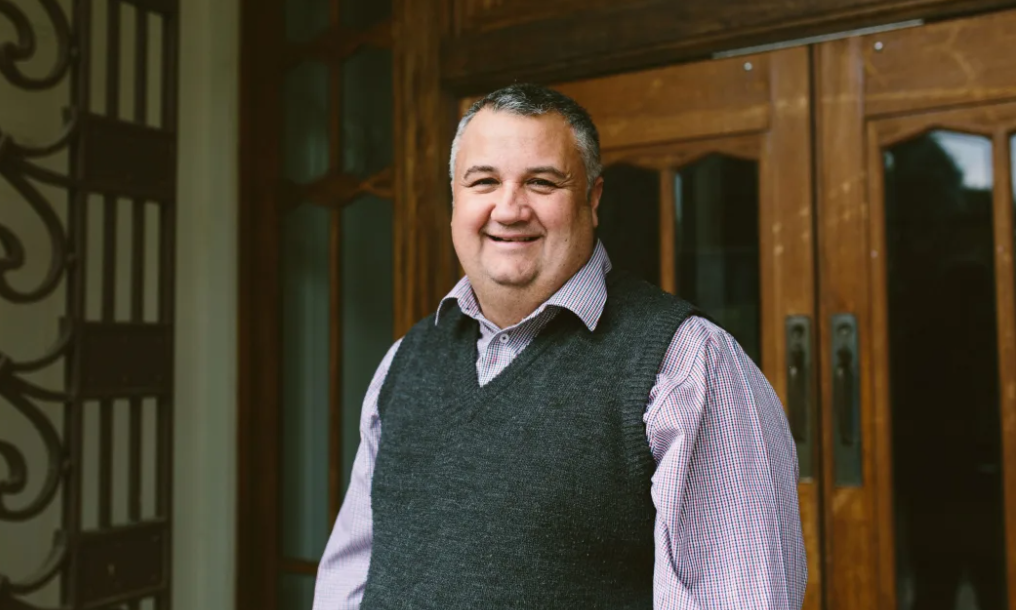
Brown has accused doctors of "crossing an ethical line" with industrial action that "was hurting patients" during a speech at the senior doctors' annual conference yesterday.
That has angered doctors, who are set to strike over pay and conditions next week.
Speaking to RNZ's Morning Report programme today, Brown doubled-down on his comments.
"Multiple strikes have a long and hard impact on patients - the patients who they are there to serve. It is their duty to serve those patients and by the union choosing to continuing to pursue strike action, that is crossing an ethical line."
He said he would rather these issues be dealt with through negotiations or, if needed, arbitration.
Brown said the union continued to reject the offers made. The most recent offer was a 5% pay rise over 16 months.
"We have massive wait lists, which we are starting to see progress and reducing, thanks to the efforts of our doctors and nurses. But the unions, who are refusing to come to the table and make sure that we can sort through these issues in a responsible manner, continue to strike."
The minister acknowledged a right to strike is a legal right, but said changes to the law may have to be considered for life services.
"I think if strike action continues, that may well have to be considered. I would like to find a way that we can resolve this issue."

Minister's comments 'pathetic'
Leading patient advocate Malcolm Mulholland said Brown's comments about a possible law change were "pathetic."
"I think the reason why our doctors and our nurses are striking is because there's just simply not enough staff. I don't know how many times they have to tell him until they are blue in the face," he said.
"You know, all this talk about crossing an ethical line, I would say take a look in the mirror, Minister."
Mulholland, from the group Patient Voice Aotearoa, said most patients were "hugely supportive" of doctors striking because they knew the system was failing them and health workers.
People instead blamed the government - and successive governments - for the strikes and wanted the government to sort the problems, he said.
Association of Salaried Medical Specialists executive director Sarah Dalton told RNZ's Checkpoint programme after the minister's comments that he was wrong to suggest striking health workers had forgotten about patients.
"In fact, that is a key driver in what is pushing our members to take strike action in the face of Health New Zealand and a government that is deaf to what is really going on with our health workforce."
Doctors did not want to strike, but many more patients were missing out on care due to ongoing workforce shortages than were affected by industrial action, she said.
Dalton said when Brown accused the union of walking away from negotiations, he ignored the fact that the union had made two requests to Health NZ's negotiating team for talks in the last month, both of which were rejected.
Senior doctors would be joining the strike set for October 23.
It has been coined a 'mega strike' and is shaping up to be the largest in decades, with an estimated 100,000 workers involved, including nurses, dentists, healthcare workers and teachers.














